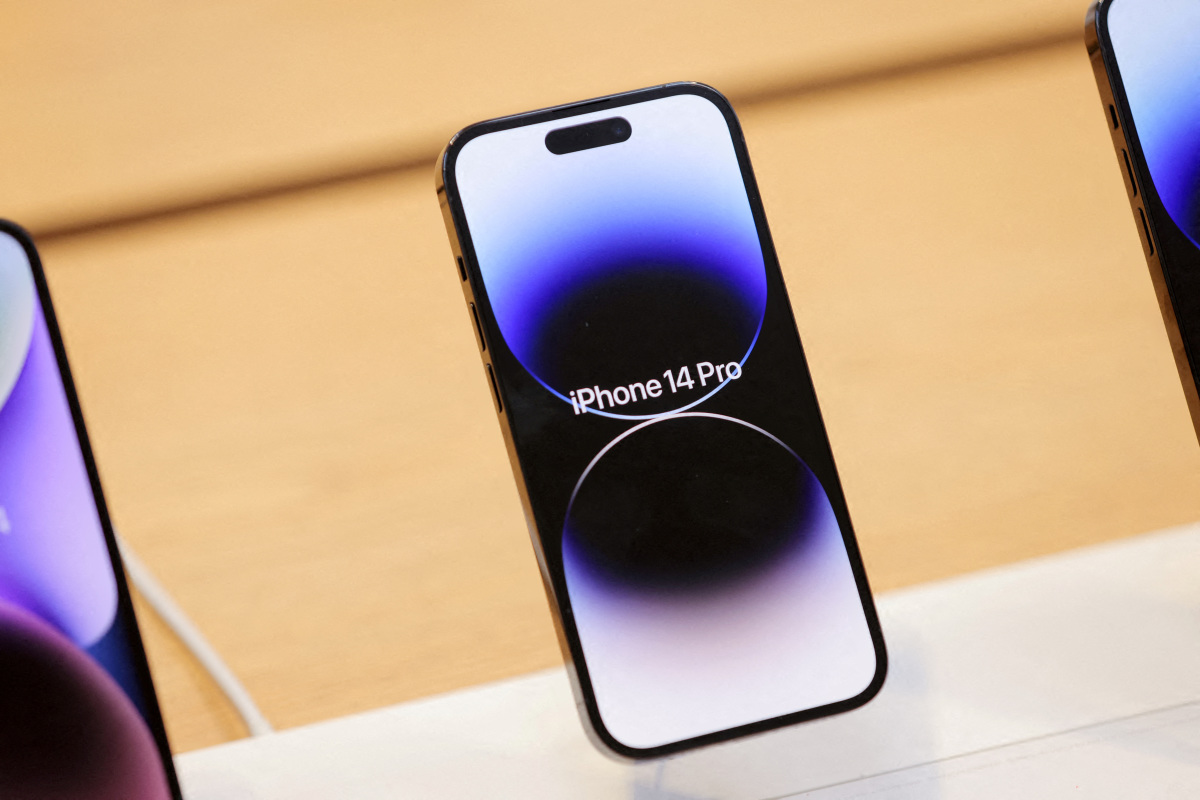iOS and Android are two of the most well-known mobile operating systems. Both provide a variety of applications and an enviable reputation for their speed and performance. They differ, however, in their approach to the user experience.
Apple’s closed ecosystem is focused on security and ease of use. It also ensures an optimized and consistent experience across different hardware. But, this could limit customization options.
Features
Despite Android’s dominance on the mobile market globally, iOS offers several key benefits which make it the top mobile platform for the majority of smartphone users. This blog post will discuss six of these unique characteristics that make iOS the ideal platform for app development projects.
One of the major advantages that comes with iOS is that the closed ecosystem promotes https://dienthoainhanh.com/ an unmatched user experience. Apple’s devices offer seamless integration between software, hardware and services. This means that there are fewer variations of devices, which makes it easier for developers of apps to upgrade their apps and develop new ones using the most recent features.
iOS offers a high level of privacy and security. This is largely due the emphasis that Apple places on security, as well as its strict screening procedure to access the App Store.
iOS has many other options that let you effortlessly sync your files and share them with other Apple devices, such as MacBooks, Apple Watches and iPads. It’s particularly beneficial for those who are traveling or working in the field, since it allows them to complete their tasks without interruption across several devices.
Customization
Businesses looking to launch a mobile app will have many considerations regarding technology choices costs, project execution. One way to streamline the process of developing and bring an app on the market earlier is to concentrate on one platform. This could, however, cause missed opportunities.
Apple’s minimalist design style is apparent in iOS, which initially did not offer many choices for customizing other than changing the order of icons for apps on the home screen. Apple has been gradually adding new features for customization to iOS, including wallpapers, folders and widgets. Users are also able to customize the images on their lock screen.
By contrast, Android offers more freedom to customize the home screen and lets apps manage certain features of the home screen, such as the app drawer. In addition, Android can also be modified more extensively by allowing apps to communicate with system functions and settings through system file editors even without root access (though recent Android updates have hampered this). This degree of customization allows businesses to tailor their products to various user groups.
The security of your own Home
A number of mobile security features are built into Android, including application sandboxing and an authorization framework. It also safeguards data using filesystem encryption as well as secure communication channels. But, the platform is also home to a large number of apps available for download and is vulnerable to malware that could steal data from users, monitor personal information, or even initiate inter-app communication (IPC) between malicious apps that reside on the device.
Apple’s iOS is thought to be more secure than Android, because of its tightly monitored system as well as its stricter application review process. It has a more stable base of code and its users enjoy features like Face ID and iMessage that provide extra protection against malware and data theft.
The iPhone is more expensive, however, US consumers aren’t as sensitive to this. It’s also among the least appreciated smartphones on the market. However, it provides a great user experience as well as a variety of security and privacy features. Apple phones also get software updates faster than Android phones made by other companies. This is because other phone makers must implement the update on their own skins before they apply it to their hardware.
iPhone vs. Android devices
Android devices provide a greater variety of hardware options as well as budget-friendly options. Also, they allow a higher degree of customization with launchers, widgets and themes. iPhones, on the other hand, feature an improved and uniform user interface that is focused on simplicity and consistency.
Apple’s iOS system generally receives more frequent software updates than the Android OS. This includes security and bug fixes, as well as brand new features. Additionally, Apple’s app approval process for stores is more thorough, which results in fewer buggy or low-quality apps than the Google Play Store.
Apple’s iPhones also tend to retain their resale value more than the Android phones of competing manufacturers, which makes them more cost-effective in the long run. Additionally Apple’s ecosystem integration with its own products and services is a strong and results in seamless integration across the entire user experience. This is among the primary reasons iOS commands the highest ratings for satisfaction and loyalty for smartphone brands in the US but by a slim margin (according to 2022’s Statista Global Consumer Survey ). The final choice between iPhone and Android is a matter of personal preference and priorities.
Select the most suitable smartphone OS
There are plenty of reasons to love either Android or iOS and it all depends on what you prioritize in your mobile device. Apple’s walled garden is an advantage to those who are searching for a device that can be reliable every time. It’s harder to get updates and support for earlier iPhone models, as they are no longer supported.
iOS has many impressive features that make it a top option for smartphones running operating systems. It’s slick, user-friendly and good-looking with top-notch privacy and security features. It offers many productive tools, like Shortcuts and SharePlay which lets you to watch movies and TV with your friends.
Despite being the most popular smartphone operating system, Android has its limitations. While it’s not as fast or as smooth as iOS, Android remains an acceptable option for users seeking an affordable, flexible device with a variety of options. It can also support Progressive Web Apps (PWAs) which provide a similar experience as native apps but with less privileges. There’s a wide range of Android brands and devices to select from, meaning it is able to be customized to meet the needs of different budgets and requirements.




